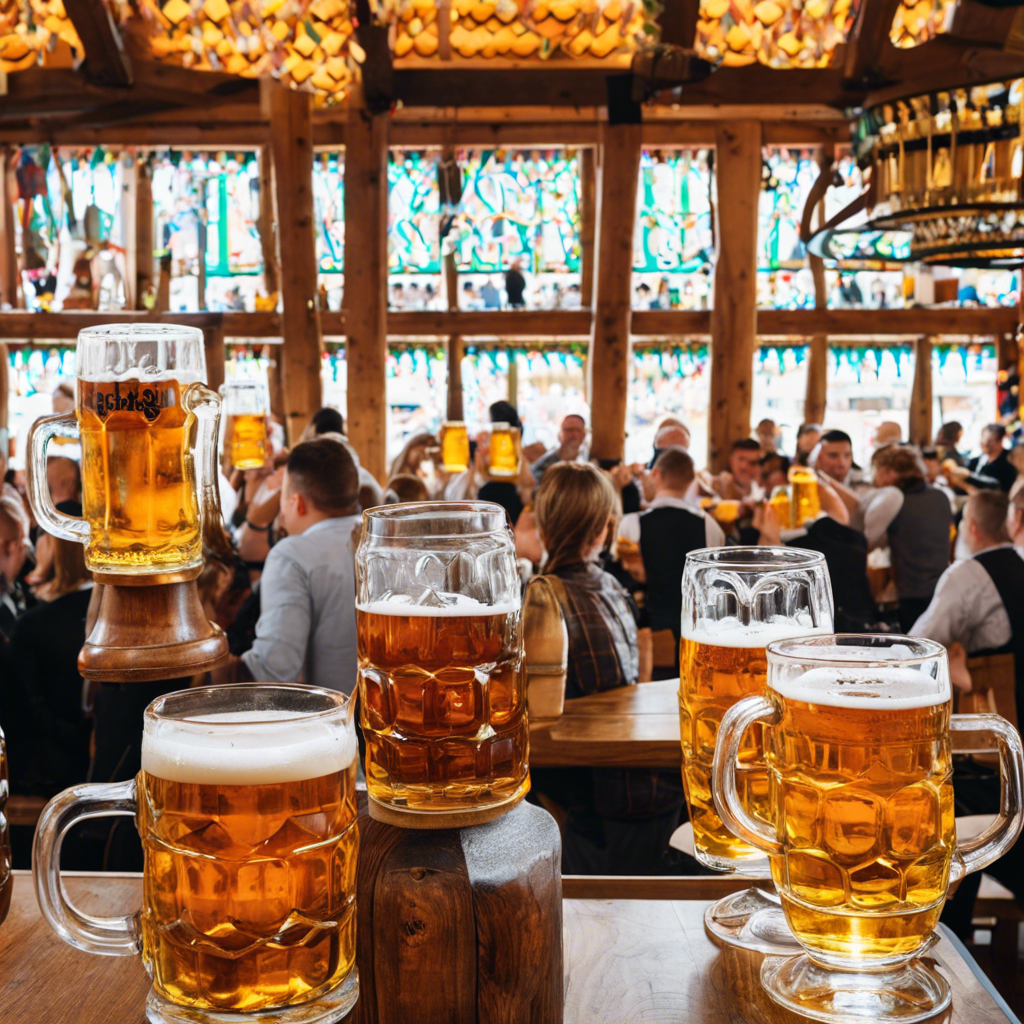Oktoberfest, the largest folk festival in the world, is a beer lover’s paradise and a celebration of Bavarian culture that attracts millions of visitors each year. This iconic festival is not just about beer; it’s a whirlwind of traditional music, mouth-watering food, and exuberant merriment that captures the essence of German hospitality. So, if you’re planning to join the festivities, here’s your ultimate guide to navigating this extravaganza of beer and culinary delights.
The festival takes place in Munich, the heart of Bavaria, and transforms the city into a bustling carnival. Spanning over two weeks, it usually starts in mid-September and ends in early October, with the exact dates varying annually. The history of Oktoberfest is a fascinating tale, dating back to 1810 when it began as a royal wedding celebration for Crown Prince Ludwig and Princess Therese of Saxony-Hildburghausen.
##
##
The Theresienwiese, affectionately known as the ‘Wiesn,’ becomes the epicenter of the festivities. This vast festival grounds accommodate numerous beer tents, amusement rides, and food stalls, creating an environment bursting with energy and excitement. Each beer tent boasts its unique atmosphere, from traditional oompah bands to modern party music, ensuring there’s something for every taste and mood.
Beer is undoubtedly the star of the show, and Oktoberfest boasts a selection of specially brewed festival beers, including Märzen and Festbier. These beers are meticulously crafted to be stronger and richer in flavor, making them the perfect accompaniment to the hearty Bavarian cuisine on offer. Speaking of food, Oktoberfest is a culinary delight with traditional favorites like Schweinebraten (roast pork), Hendl (roast chicken), and the famous giant pretzels. Indulge in these treats while enjoying the lively atmosphere and the company of friends and strangers alike.
For the ultimate Oktoberfest experience, consider wearing traditional dress. Men can don a ‘Lederhosen,’ the iconic leather trousers, while women can opt for the charming ‘Dirndl,’ a dress with a tight-fitting bodice and full skirt. These outfits are more than just costumes; they are a celebration of Bavarian heritage.

